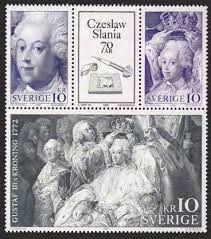Winston Churchill was born on 30 November 1874, and he passed away on 24 January 1965 he was a British statesman, military leader, and writer who played a prominent role in the United Kingdom during some of its most challenging periods, particularly during World War II. Some key points about Winston Churchill include:
Political Career: Churchill had a long political career, serving as a Member of Parliament (MP) for several decades. He held various government positions, including First Lord of the Admiralty, Minister of Munitions, and Chancellor of the Exchequer.
World War II: Perhaps his most significant role came during World War II. Churchill became Prime Minister of the United Kingdom in 1940, just as Britain was facing the threat of Nazi Germany. His speeches, notably during the Battle of Britain, are still remembered for their inspirational and resolute tone.
Alliance with Allies: Churchill worked closely with leaders such as U.S. President Franklin D. Roosevelt and Soviet Premier Joseph Stalin as part of the Allied forces against the Axis powers.
Iron Curtain Speech: After World War II, Churchill delivered his famous "Iron Curtain" speech in 1946, warning about the division of Europe and the rise of Soviet influence. This speech is often considered a key moment in the beginning of the Cold War.
Second Term as Prime Minister: Churchill served a second term as Prime Minister from 1951 to 1955. During this time, he faced challenges related to the Korean War and issues of post-war reconstruction.
Literary Achievements: In addition to his political career, Churchill was a prolific writer and orator. He won the Nobel Prize in Literature in 1953 for his mastery of historical and biographical description.
Winston Churchill is remembered as one of the greatest wartime leaders in modern history. His contributions during World War II and his influence on the global stage have left a lasting legacy.






